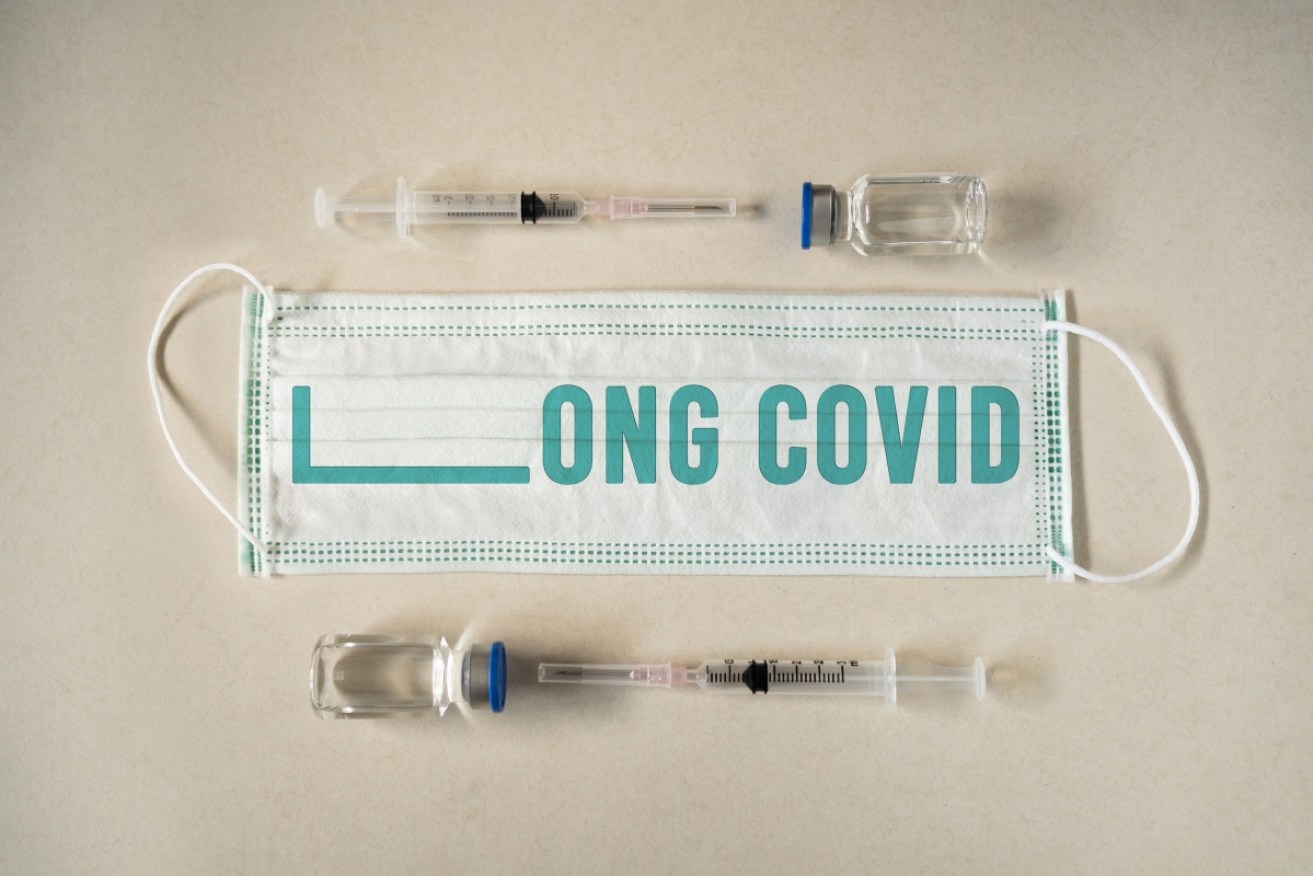Women more likely to develop ‘long COVID’: Symptoms different from men


Men and women tend to suffer with different symptoms. Photo: Getty
Women are significantly more likely to suffer with ‘long COVID’, it’s been found, and tend to have a completely different set of symptoms to men.
New research found that women were 22 per cent more likely than men to be blighted by the protracted form of the disease, where symptoms in some cases have persisted for two years.
An analysis of 35 publications on long COVID, with data from about 1.3 million patients, found that “female patients were far more likely to experience mood disorders such as depression, ear, nose and throat symptoms, musculoskeletal pain and respiratory symptoms”.
Male patients, on the other hand, were more likely to suffer from endocrine disorders – namely COVID-caused diabetes and disorders affecting the kidneys.
These findings further complicate our understanding of ‘long COVID’ – it appears to operate like two different diseases. This could inform more effective treatments.
As the study authors, from the Johnson & Johnson Office of the Chief Medical Officer Health of Women, wordily advise: “Knowledge about fundamental sex differences underpinning the clinical manifestations, disease progression, and health outcomes of COVID-19 is crucial for the identification and rational design of effective therapies and public health interventions that are inclusive of and sensitive to the potential differential treatment needs of both sexes.”
Why is this happening?
About a year into the pandemic, as COVID-19 vaccines were going into millions of arms, women were reporting more side effects.
On the upside, they tended to produce more antibodies and a reasonable assumption they would enjoy longer protection than men.
A 2021 report from the US Centres for Disease Control (CDC) examined the safety data from the first 13.7 million COVID-19 vaccines given in the US and found 79.1 per cent of people reporting side effects were women.
Why? Because women are built to have stronger immune responses than men.
However, as the authors suggest, this stronger immune response is probably driving sex differences in ‘long COVID’ syndrome.
“Females mount more rapid and robust innate and adaptive immune responses, which can protect them from initial infection and severity,” the authors write.
“However, this same difference can render females more vulnerable to prolonged autoimmune-related diseases.”
The trend could have been picked up earlier
The researchers say there were red flags about there being differences in how the disease progressed in males and females.
They say that “plenty of studies have examined sex differences in hospitalisation, ICU admission, ventilation support and mortality”.
But research on the specific conditions that are caused by the virus, and its long-term damage to the body, “have been understudied when it comes to sex”.
On the one hand, health workers and researchers have been overwhelmed by COVID-19’s complexity and wildfire infection rate.
On the other, sex differences in outcomes “have been reported during previous coronavirus outbreaks”.
The authors say that differences in outcomes between females and males infected with SARS-CoV-2 “could have been anticipated”.








